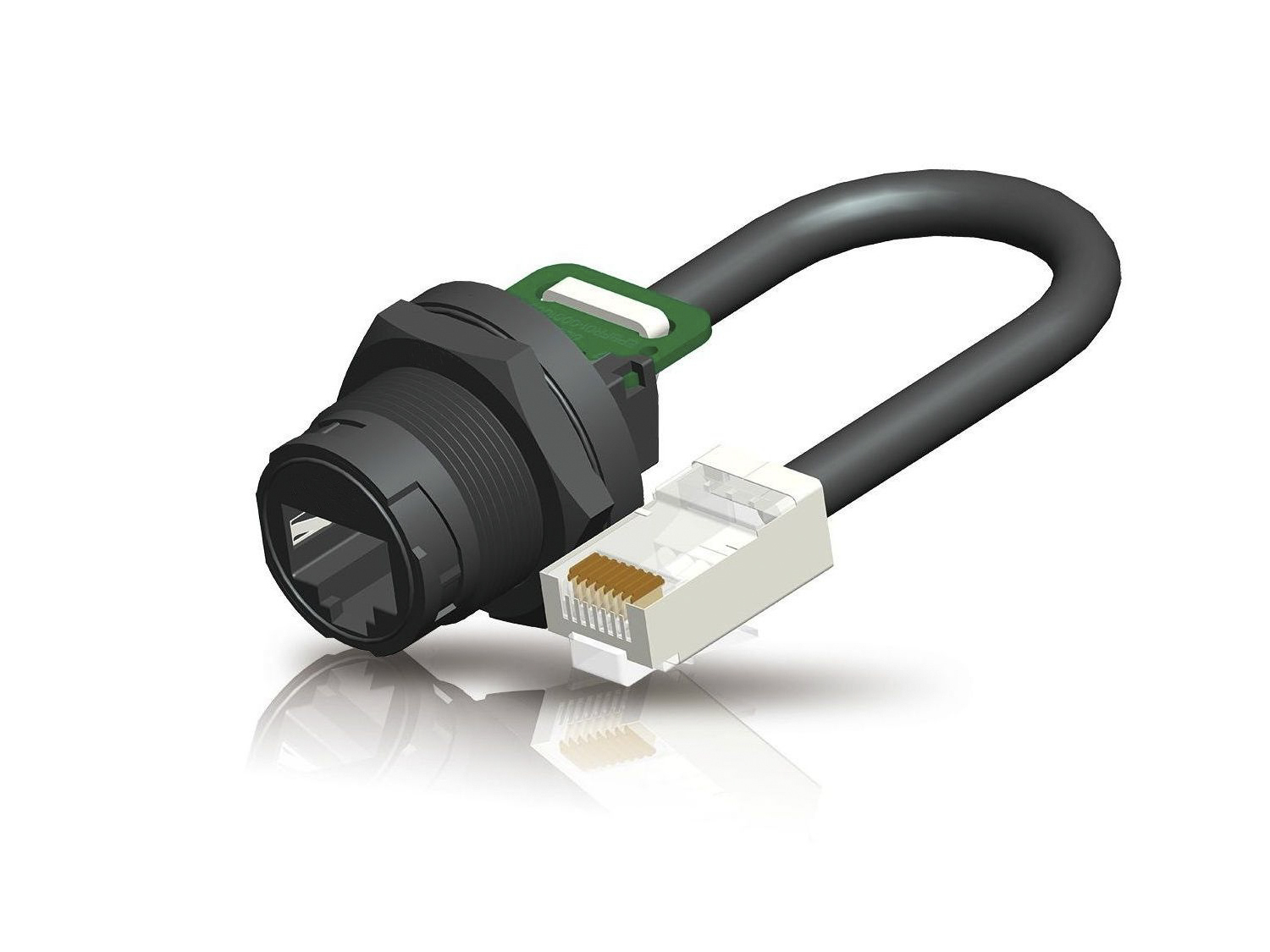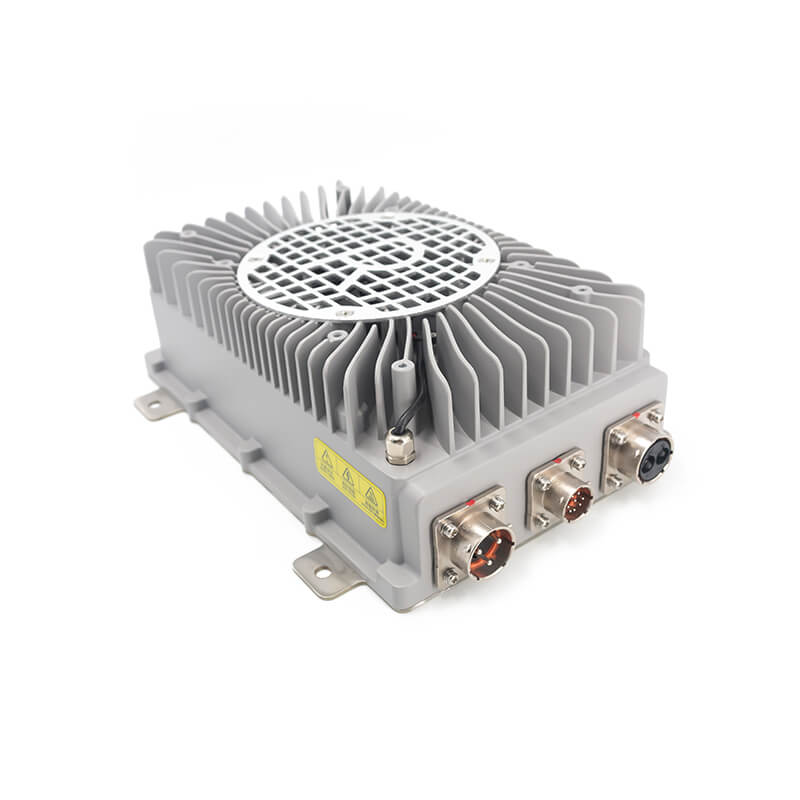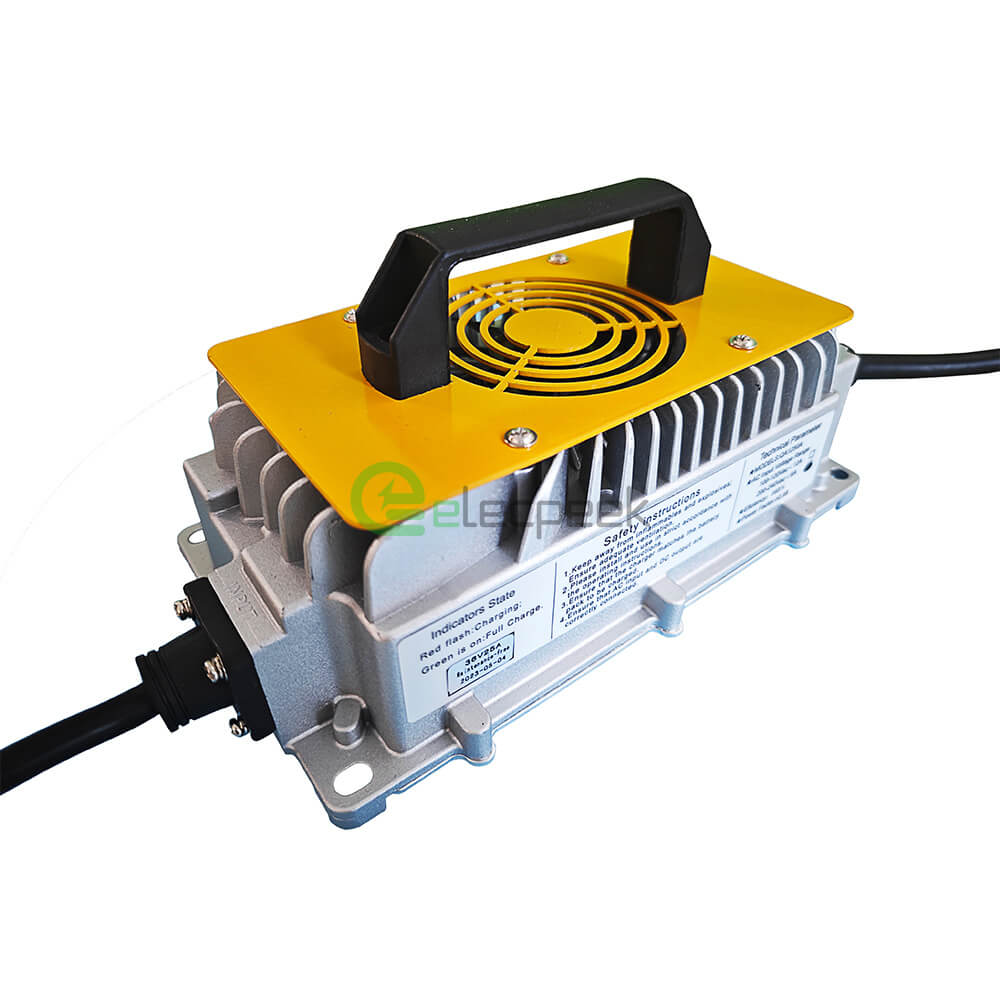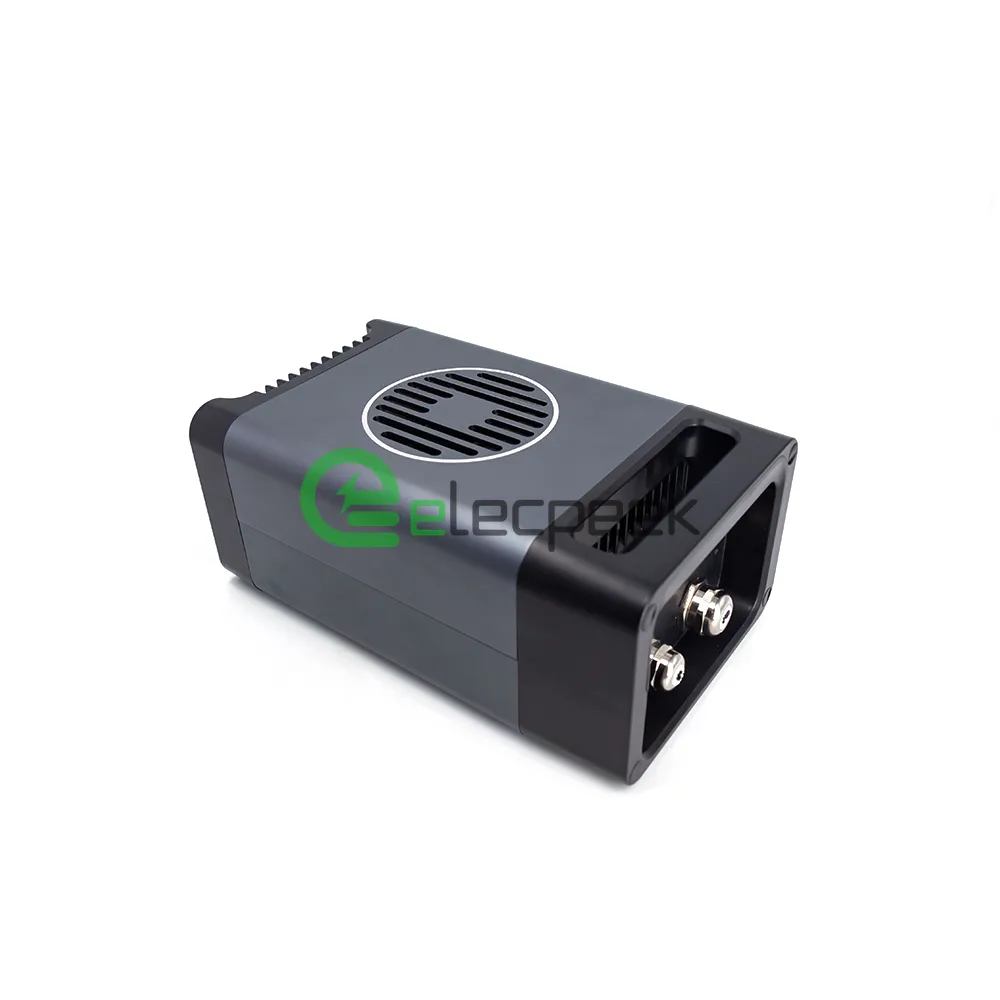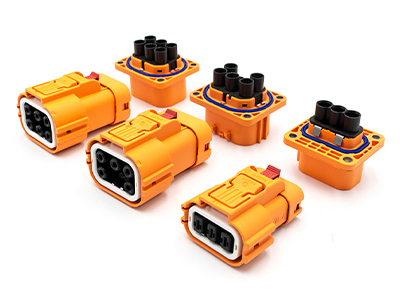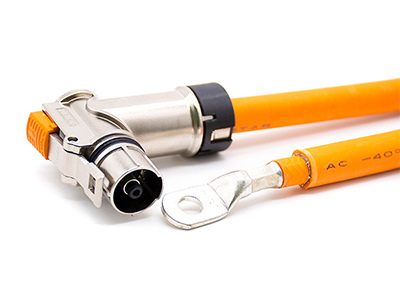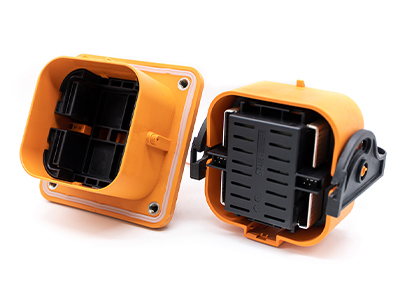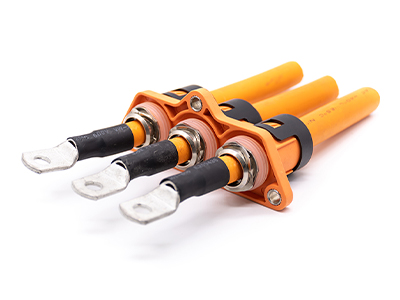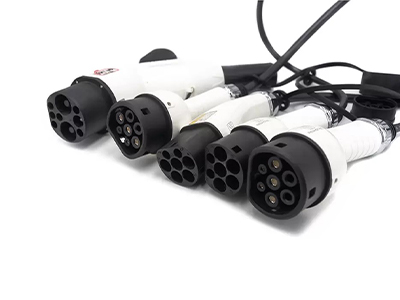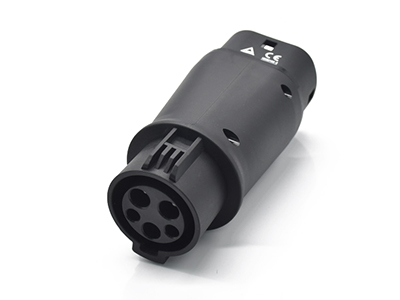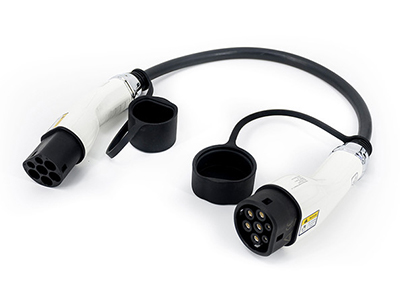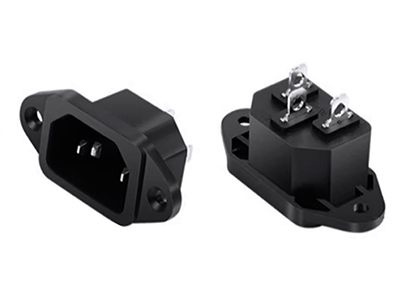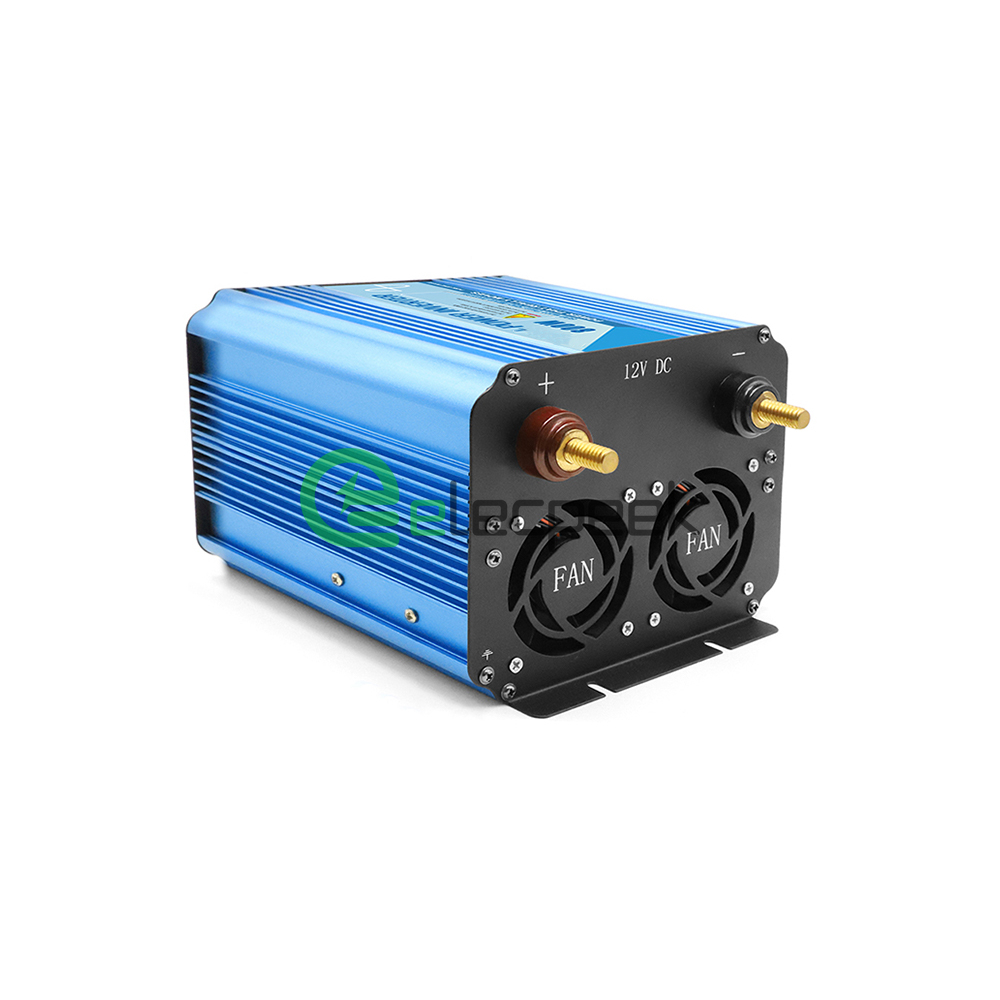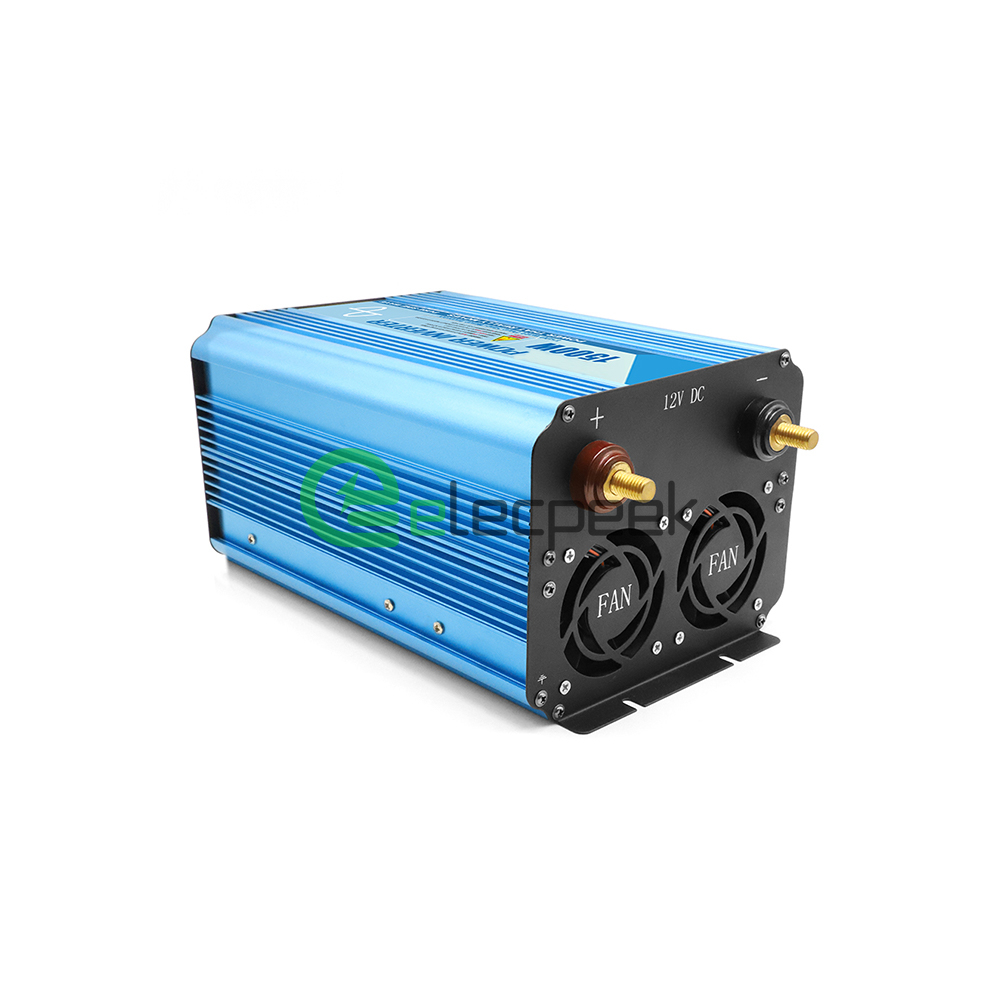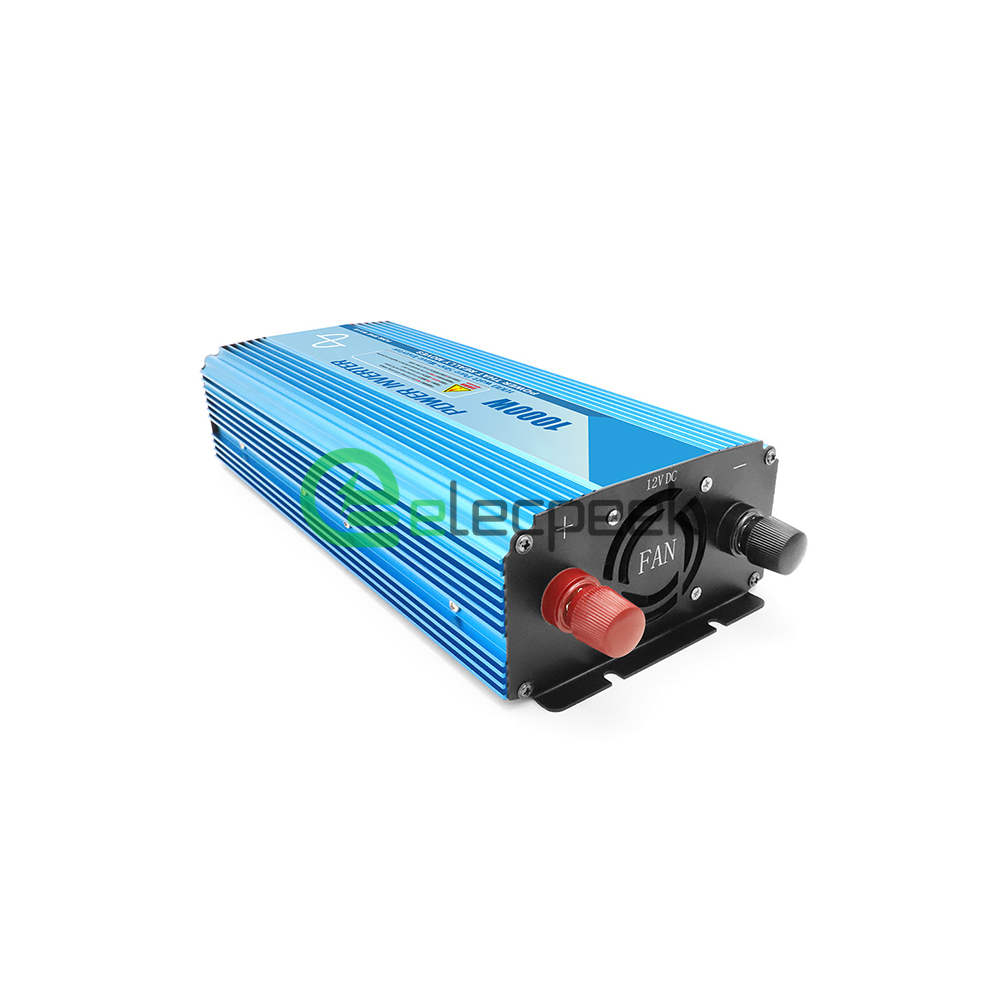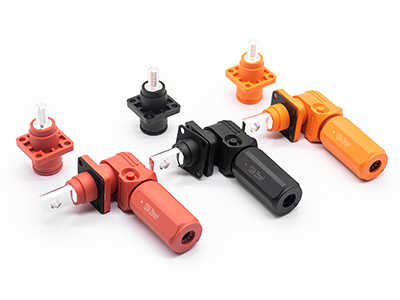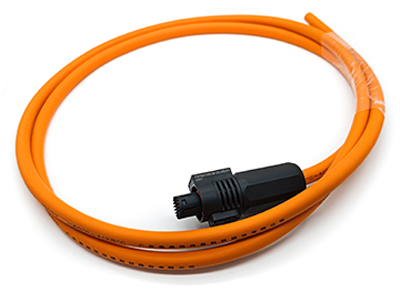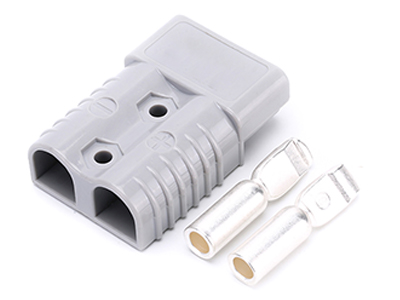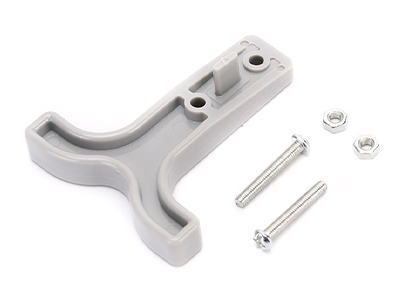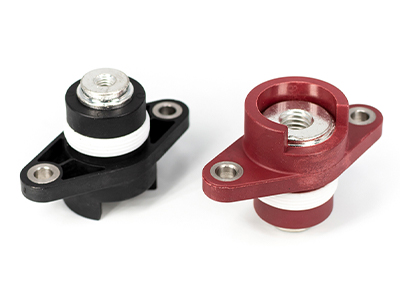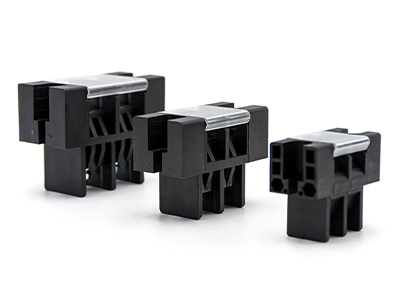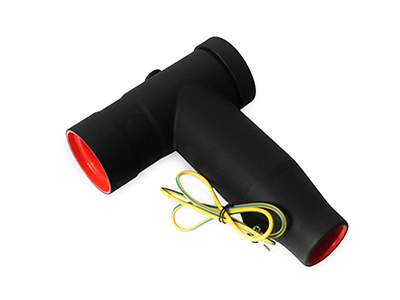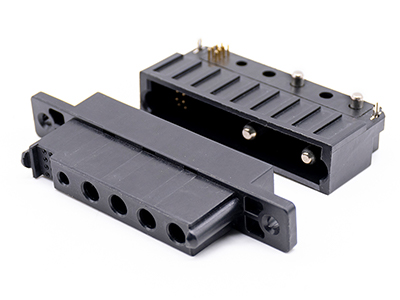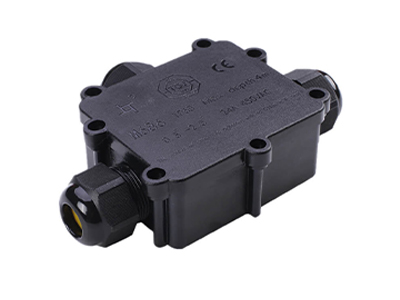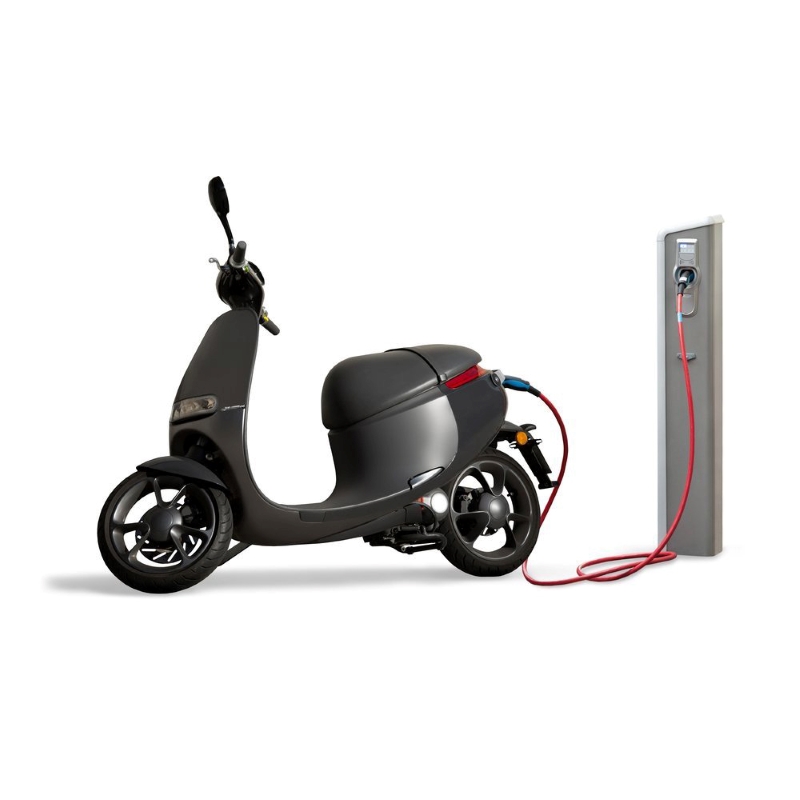News
EV Charging Connector Types: 2023 A Comprehensive Guide
What are the Current EV Charge Connectors?
Electric vehicles (EVs) are becoming increasingly popular due to their efficiency, eco-friendliness, and low running costs. As more people turn to EVs, the charging infrastructure is also rapidly expanding, with a variety of charging connectors available in the market. This can make it challenging for EV drivers to understand which charging connector is suitable for their vehicle. In this article, we will look at the current EV charge connectors and the vehicles they are compatible with.
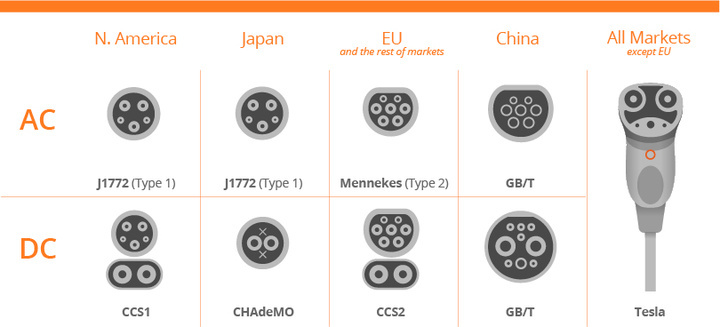
-
- Type 1 (J1772)
Type 1, also known as J1772, is a connector standard primarily used in North America and Japan. This connector has a 5-pin design that allows it to handle both AC and DC charging. It is rated at up to 80 amps and 240 volts, which provides a charging speed of up to 19.2 kW. Type 1 is compatible with most EVs from American, Japanese, and some European carmakers, including:- Chevrolet Volt
- Chevrolet Volt
- Nissan Leaf
- Toyota Prius Plug-in Hybrid
- Ford Focus Electric
- Mitsubishi i-MiEV
- BMW i3 (with range extender)
- Type 2
Type 2 is most commonly used in Europe and is often referred to as the “IEC 62196-2” connector. This connector has a 7-pin design that allows it to handle both AC and DC charging. It is rated at up to 63 amps and 400 volts, which provides a charging speed of up to 22 kW. Type 2 is compatible with most European EVs, including:- Volkswagen e-Golf
- BMW i3 (pure electric)
- Audi e-Tron
- Mercedes-Benz EQC
- Tesla Model S, Model X, and Model 3 (with an adapter)
- CHAdeMO
CHAdeMO is a fast-charging connector used primarily by Japanese automakers, such as Nissan and Mitsubishi. It is most commonly used in Japan and is often referred to as the “JEVS G105” connector. This connector has a unique design that allows it to handle DC charging only. It is rated at up to 125 amps and 500 volts, which provides a charging speed of up to 62.5 kW. CHAdeMO is compatible with a limited number of EVs, including:- Nissan Leaf
- Mitsubishi i-MiEV
- Kia Soul EV
- Peugeot iOn
- CCS (Combo 1 and Combo 2)
CCS, also known as Combo 1 and Combo 2, is a fast-charging connector used primarily by American and European automakers. It is most commonly used in Europe and North America and is often referred to as the “SAE J1772 Combo” or “IEC 62196-3” connector. This connector has a unique design that allows it to handle both AC and DC charging. It is rated at up to 500 amps and 1000 volts, which provides a charging speed of up to 350 kW. CCS is compatible with a growing number of EVs, including:- Chevrolet Bolt
- Ford Mustang Mach-E
- Volkswagen ID.4/li>
- BMW iX3
- Porsche Taycan
- Audi e-Tron
- Hyundai Kona Electric
- Tesla Supercharger
Tesla Supercharger is a proprietary charging connector used by Tesla vehicles. It features a unique 8-pin connector and is rated at up to 250 kW DC. Tesla Supercharger is only compatible with Tesla vehicles, including:- Tesla Model S
- Tesla Model X
- Tesla Model 3
- Tesla Model Y
- Tesla Destination Charger
Tesla Destination Charger is another proprietary charging connector used by Tesla vehicles. It features a Type 2 connector and is rated at 11 kW AC. Tesla Destination Charger is only compatible with Tesla vehicles, including:- Tesla Model S
- Tesla Model X
- Tesla Model 3
- Tesla Model Y
- Type 1 (J1772)

It is important to note that some EVs are compatible with multiple charging connectors. For instance, the BMW i3 can be charged using both Type 1 and Type 2 connectors. The Tesla Model S, Model X, and Model 3 can be charged using both the Tesla Supercharger and Type 2 connector (with an adapter).
EV Charging Connector Types: Conclusion
As electric vehicles become more popular, the need for EV charging infrastructure is growing. Understanding the different types of EV charge connectors is important for EV owners and operators, as it can help them choose the right EV charging connector for their needs.


